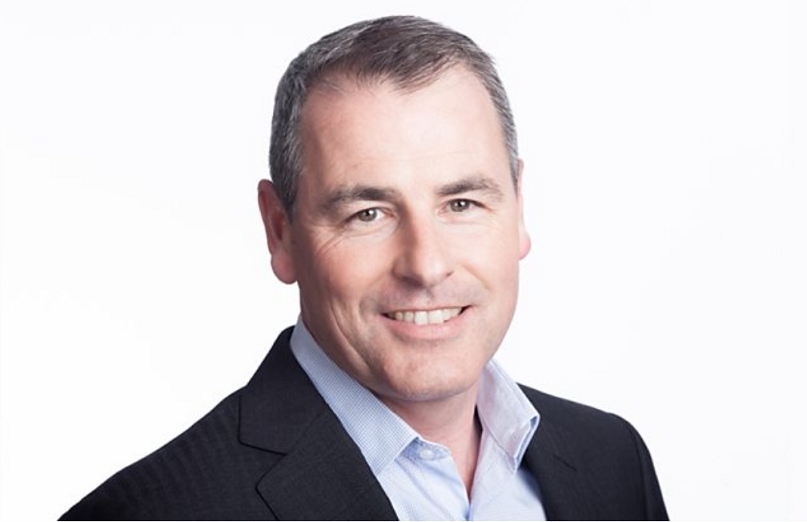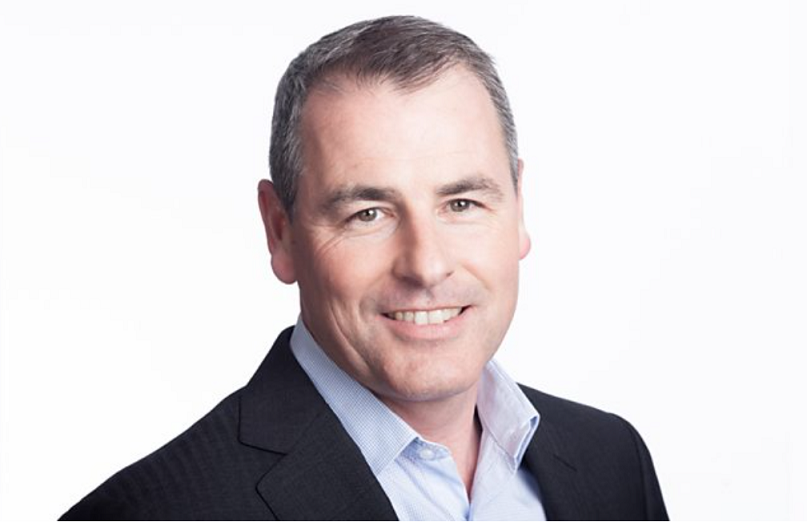
 Consumers in today’s world are more aware and concerned about the environment. They are increasingly becoming conscious of their existence and their role in the ecosystem. Therefore, consumers’ commitment towards sustainability can play an important role in their spending decisions.
Consumers in today’s world are more aware and concerned about the environment. They are increasingly becoming conscious of their existence and their role in the ecosystem. Therefore, consumers’ commitment towards sustainability can play an important role in their spending decisions.
A recent BBC Global News study revealed that 81% of consumers in Asia Pac agree that demonstrating a commitment to sustainability adds value to the brand. Consumers expect action, not empty promises, from brands on sustainability. They are becoming ever more aware of their choices and expect brands to take responsibility towards following sustainable practices.
The results across the board show that APAC consumers care not only about what your business says but what it does:
• 81% agree that clearly demonstrating a commitment to sustainability adds value to a brand
• 79% say sustainable practices and commitments are an important consideration when making purchase decisions
• 68% are happy to pay more for brands with strong sustainability and eco-friendly practices
• 57% say they would stop buying a product they were previously loyal to if they discovered it was not committed to sustainability
The BBC research showed that 83% of consumers believe that brands should invest in education about the importance of sustainability and 79% agree that brands should be financing research for sustainable practices.
It also reveals that 66% of those surveyed said that interviews with an international news partner are the most influential way for consumers to learn about a brand’s CSR, followed by branded content within a premium environment (39%). These are techniques brands can leverage to help deliver their sustainability message to consumers at scale.
What are the factors leading to more sustainable approach amongst consumers?
The rise in global consumption levels over the last decades has been accompanied by a persistent increase in resource depletion and pollution, putting serious pressure on the environment well above its regenerative capacities. As a result, both local and global environmental problems (e.g. biodiversity loss and climate change) have emerged or have been seriously aggravated. It is now clear that the Earth cannot bear an increasing scale of present consumption patterns.
A recent study by the BBC on climate change revealed that extremely hot days have doubled in last 40 years. BBC News examined data across a forty-year period and found that the total number of days above 50 Celsius increased in each decade since 1980. Here’s the link to full story.
Without a significant change in current consumption and production patterns, the world will face strong environmental and economic costs such as those caused by projected climate change. Therefore, there must be a change in how we satisfy our needs if we want to achieve sustainable development and maintain the Earth’s capacity to satisfy the needs of future generations which consumers are becoming increasingly aware of. Many people are looking for ways in which they can contribute towards the deep cut in emissions of greenhouse gases, which could stabilise rising temperatures.
Last year, in response to growing audience interest in sustainability, the BBC launched BBC Future Planet – a home for in-depth, evidence-based stories on potential solutions addressing the pressing environmental challenges around the world. BBC Future Planet is the first major online publication with a sole focus on climate change that also aims to be as close to zero carbon as possible. From the site’s launch in February 2020 to June 2021, its total carbon emissions from travel were just 857kg – that’s less than a single flight from New York to Berlin.
Written By Alistair McEwan , Senior VP, Commercial Development – Asia, Australia and New Zealand at BBC Global News.